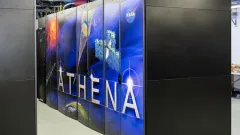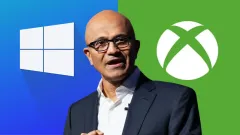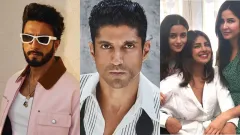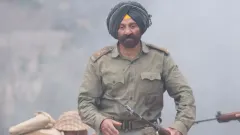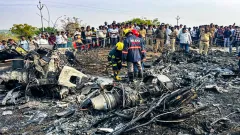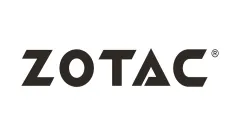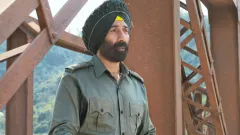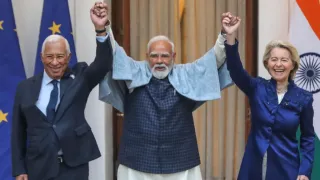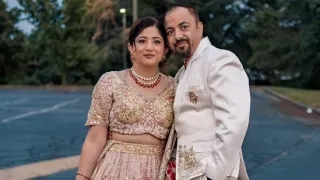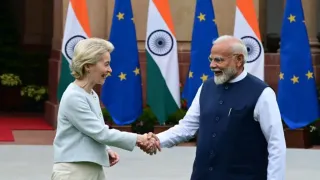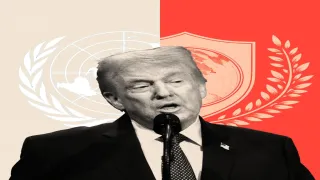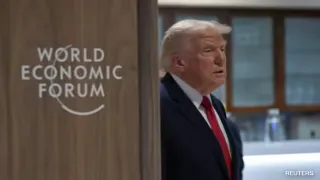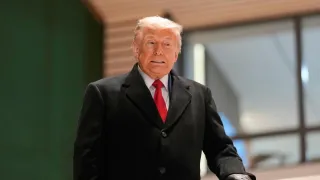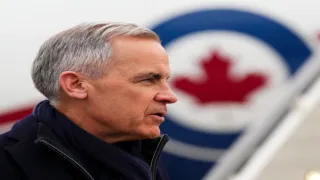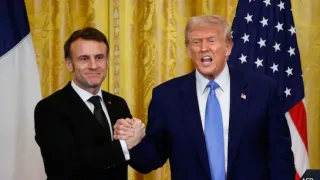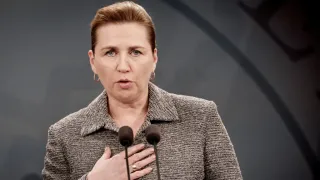On the 80th anniversary of the United Nations, External Affairs Minister S. Jaishankar delivered a sobering assessment of the global body, stating that all is not well within the UN. He highlighted that in its current state, the UN struggles to address critical global challenges effectively. Polarized debates, gridlocked decision-making, and selective prioritization have weakened the organization's ability to respond to crises in a timely and meaningful way. Jaishankar emphasized that the UN's decisions often fail to reflect the true needs and priorities of the international community.
Speaking at a special event to mark the anniversary, Jaishankar stressed the urgency of meaningful reforms to restore the credibility and relevance of the UN. He pointed to recent challenges, including terrorism, human rights concerns, and regional conflicts, as evidence of the institution's inability to effectively manage global issues. According to him, these shortcomings highlight a growing disconnect between UN actions and the expectations of its member states, undermining trust in its authority.
Jaishankar also noted that while India remains a strong supporter of the UN and multilateralism, it is crucial for the organization to adapt to evolving geopolitical realities. He called for a UN that is more inclusive, responsive, and capable of addressing the concerns of all nations equitably. Without significant reforms, he warned, the UN risks losing its role as a central platform for global governance and cooperation.
Jaishankar's Critique of UN Functioning
In his address, Jaishankar highlighted that the UN's decision-making processes are increasingly misaligned with current global challenges. He observed that debates within the organization have become highly polarized, with member states pursuing national interests over collective action. This polarization has led to prolonged gridlock, preventing timely resolutions to pressing international issues.
The minister stressed that such dysfunction affects the UN's credibility and ability to act decisively on matters ranging from security threats to humanitarian crises. He argued that without reform, the UN risks being perceived as an ineffective forum rather than a global problem-solving institution.
Challenges in Addressing Terrorism and Conflicts
Jaishankar cited the Pahalgam terror attack as a stark example of the UN's limitations. He criticized attempts by certain members to mischaracterize terrorists as freedom fighters, which obstructs collective action against terrorism. These challenges demonstrate how political maneuvering within the UN can hinder effective responses to threats, leaving victims and affected populations without timely international support.
The External Affairs Minister underscored that terrorism, regional conflicts, and human rights violations require coordinated global responses. However, political biases and veto powers within the UN often impede the adoption of necessary measures, reducing the organization's effectiveness on critical issues.
The Need for Meaningful Reforms
Jaishankar emphasized that while calls for UN reform are frequent, the reform process itself is often used as a tool to block substantive changes. He called for a reevaluation of the UN's structure, decision-making mechanisms, and representation in key organs like the Security Council. This, he argued, is essential to ensure that the organization can address the evolving needs of its member states effectively.
He urged the global community to pursue reforms that enhance inclusivity, accountability, and operational efficiency. By doing so, the UN can reclaim its central role in global governance, foster trust among member states, and better respond to emerging global challenges.
India's Commitment to Multilateralism
Despite highlighting the shortcomings of the UN, Jaishankar reaffirmed India's commitment to multilateralism and the principles of international cooperation. India continues to support the UN's ideals of peace, security, and sustainable development, while actively advocating for reforms that make the organization more effective and representative.
He stressed that India will work alongside other major economies and regional groups to ensure that the UN adapts to the 21st-century geopolitical landscape. By advocating for meaningful change, India aims to strengthen the UN's credibility and ensure it remains a relevant platform for dialogue and collective action.
The Road Ahead for the United Nations
Looking forward, Jaishankar called for concerted global efforts to reinvigorate the UN and make it more responsive to contemporary challenges. He highlighted the importance of inclusive decision-making, equitable representation, and mechanisms that prevent gridlock and promote timely action.
He concluded that a reformed and effective UN is essential for addressing terrorism, climate change, human rights violations, and other pressing global issues. Strengthening the institution will allow it to fulfill its mandate as a credible platform for international cooperation and collective problem-solving.
Also Read: Doug Ford Pauses Reagan Ad After Trump’s Tariff Bombshell




